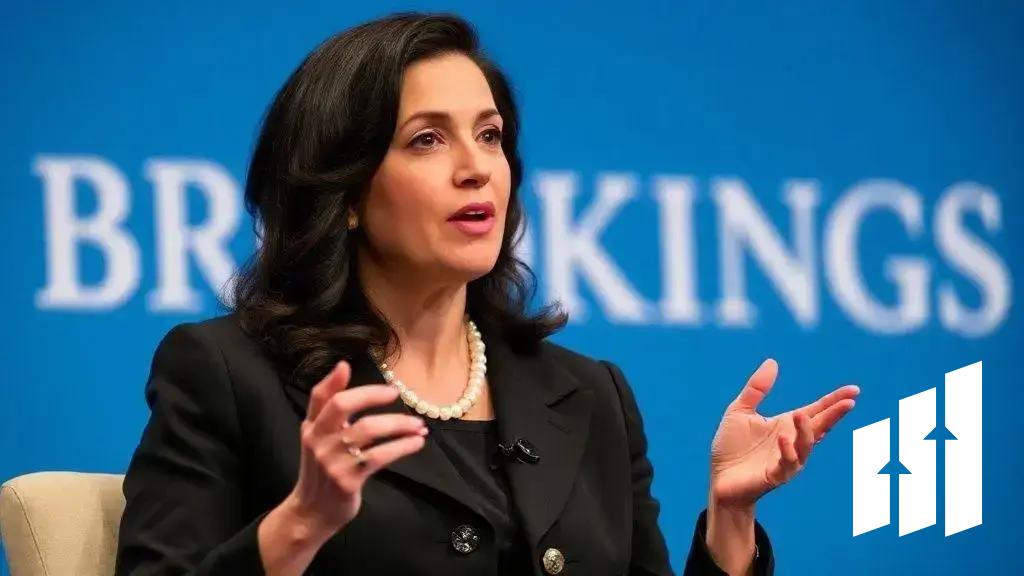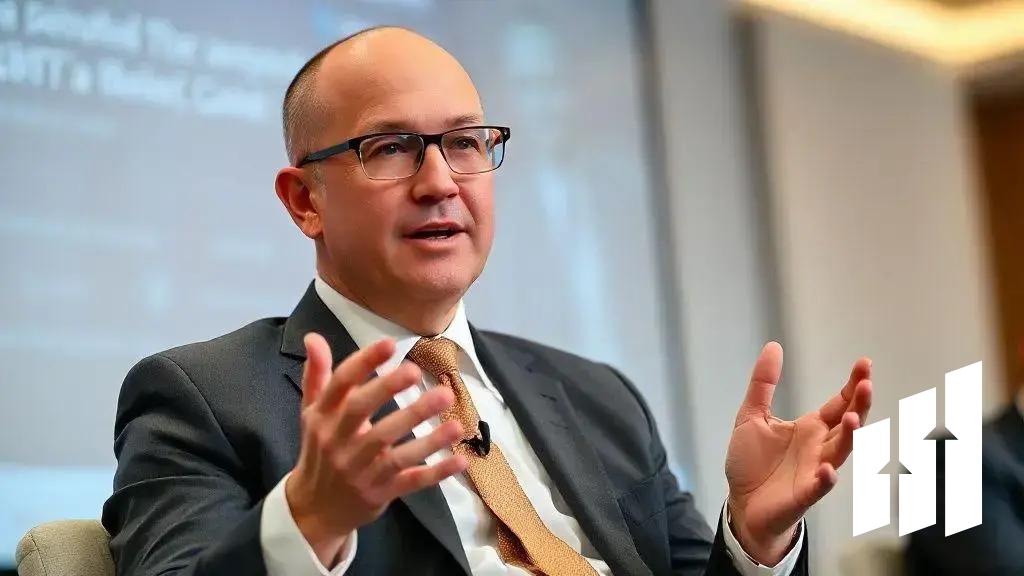The Bank of England is expected to maintain interest rates at 4% in response to rising inflation and the upcoming UK budget. This strategy aims to provide stability for consumers and businesses while managing economic pressures. By keeping rates steady, the BOE seeks to enable better financial planning in light of uncertain market conditions.
The Bank of England (BOE) is known for its role in setting interest rates. Currently, many experts believe that the BOE will keep rates at 4%. This decision comes amidst rising inflation and the upcoming UK budget announcement.
Why Keep Rates Unchanged?
Many are asking why the BOE might not change the interest rates. Keeping them steady helps give businesses and consumers predictability. When people know what to expect, they can make better financial decisions.
Impact of Inflation
Inflation affects everyone, from shoppers to businesses. When prices rise, people feel the pinch. Keeping interest rates steady can help manage this pressure. The goal is to balance the economy and support growth without letting prices rise too fast.
What to Expect from the UK Budget
The UK budget is a big deal. It can influence the economy in many ways. It will show how the government plans to tackle current challenges. Depending on the proposed changes, we might see shifts in spending or investment that could affect future interest rates.
Many are watching closely. Analysts and everyday people all want to know what these choices mean for their finances. By watching the BOE and the budget closely, we can better understand the direction of the economy.
Conclusion
In conclusion, the decision by the Bank of England to maintain interest rates at 4% comes at a crucial time for the UK economy. With rising inflation and an important budget announcement on the horizon, this steady approach aims to provide stability for individuals and businesses alike. Keeping rates unchanged helps to create a sense of predictability, allowing everyone to plan better.
As we move forward, the impact of the UK budget will be significant. It can shape spending and investment decisions that influence future economic conditions. By staying informed about these developments, we can better understand how to manage our finances effectively. Ultimately, awareness and adaptability are key to navigating these economic challenges.
FAQ – Frequently Asked Questions about Interest Rates and the UK Economy
What is the current interest rate set by the Bank of England?
The current interest rate set by the Bank of England is 4%.
Why is the Bank of England keeping interest rates steady?
The BOE is keeping interest rates steady to provide stability during rising inflation and before the upcoming UK budget.
How does inflation affect consumers and businesses?
Inflation raises prices, which can strain budgets for consumers and increase costs for businesses, affecting overall economic growth.
What impact does the UK budget have on the economy?
The UK budget outlines government spending and policies, which can influence economic conditions and future interest rates.
How can I stay informed about changes in interest rates?
You can stay informed by following news sources, financial analysts, and the Bank of England’s official announcements.
What should I consider when planning my finances amid economic changes?
Consider your spending habits, savings, and potential investments while being adaptable to changes in the economic environment.


 China’s Central Bank Revives Bond Market with Strategic Purchases
China’s Central Bank Revives Bond Market with Strategic Purchases  South Sudan Appoints Barnaba Bak Chol as New Finance Minister
South Sudan Appoints Barnaba Bak Chol as New Finance Minister  Malaysia Reinforces Sovereignty Amid US Trade Deal Concerns
Malaysia Reinforces Sovereignty Amid US Trade Deal Concerns  Risks to Labor Market Seen as More Serious than Inflation Threats
Risks to Labor Market Seen as More Serious than Inflation Threats  Fed’s Miran Advocates for Less Restrictive Monetary Policies
Fed’s Miran Advocates for Less Restrictive Monetary Policies  ECB’s Nagel Maintains Economic Outlook with December Options Open
ECB’s Nagel Maintains Economic Outlook with December Options Open